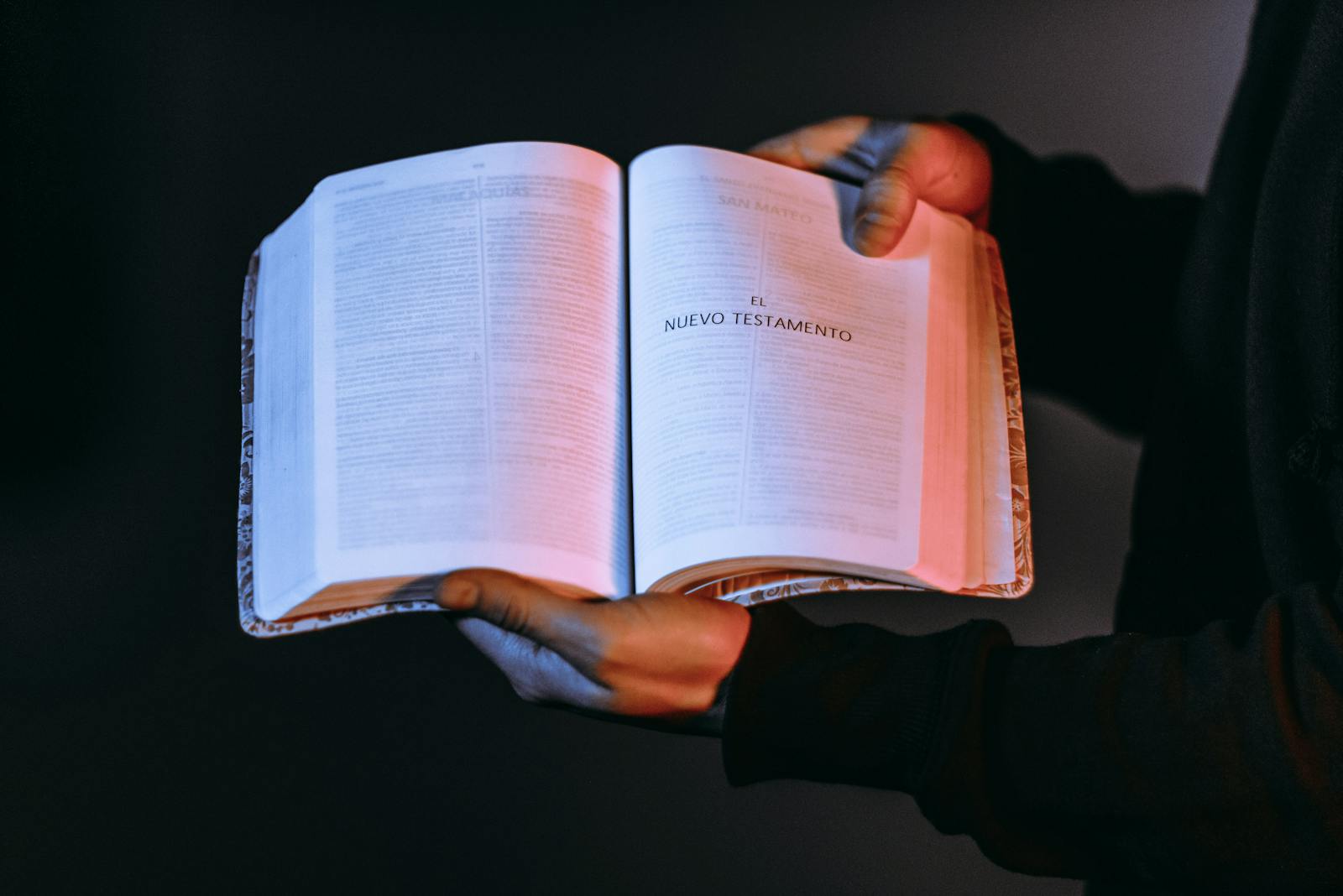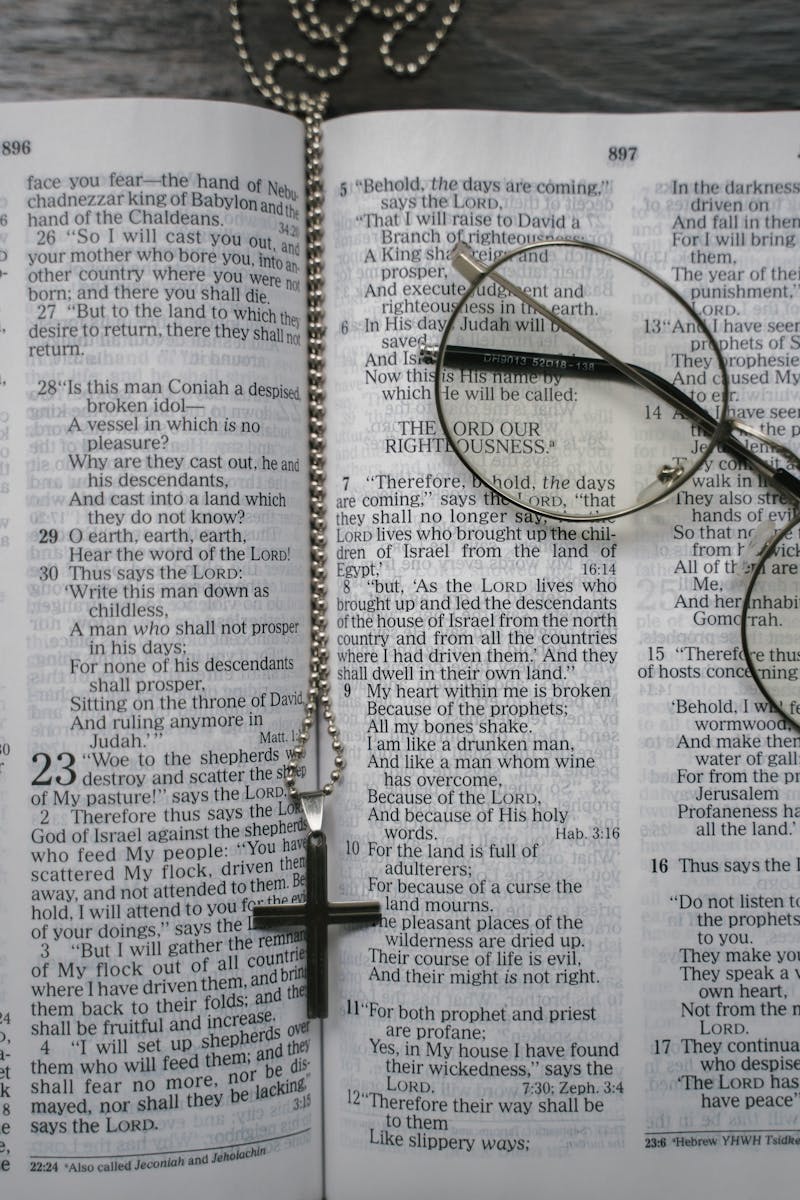The Hidden Truths of Religion and the Quest for Understanding: A Journey to Uncover Reality
For as long as humans have existed, we’ve been driven by curiosity about our origins and purpose. One of the biggest mysteries that still captures the human mind is the concept of God and religion.
Religion, especially, holds deep-seated beliefs and mysteries, and often divides people between blind faith and questioning. I’ve spent a large portion of my life exploring the many theories, hidden truths, and centuries-old stories that religion presents.
For those like me, who are tired of being told what to believe without evidence, my journey may resonate deeply.
Growing Up Without Religion: A Different Perspective
Unlike many, I didn’t grow up in a religious household. My parents weren’t active in any church, and I wasn’t introduced to any specific doctrines or beliefs as a child.
While I heard others talk about God and their faith, I always felt like an outsider looking in. And perhaps, in a way, that was beneficial. Without strict religious boundaries, I had the freedom to ask questions, explore ideas, and build my understanding without guilt or fear.
As a teenager, I went to church with friends a few times, curious to see what religion was all about.
While I listened, the stories I heard didn’t quite sit right. How could a loving God, one who created and loved all of humanity, create a place of eternal torment for those who didn’t follow His rules? This idea of a “loving” yet punishing deity sparked a deep, lifelong curiosity in me to find out the truth.
Ancient Clues and Hidden Truths About Religion and God
Over the years, I have explored countless theories, read a range of literature, and watched documentaries on various perspectives about our existence. Shows on platforms like the History Channel, the Discovery Channel, and even Gaia have delved into ancient civilizations, alien theories, and hidden knowledge.
More recently, watching the UFO Cowboys series on Roku provided new, tantalizing theories on extraterrestrial existence that added another layer to my exploration.
One of my first theories revolved around the ancient Sumerian gods, Enki and Enlil. According to some beliefs, these extraterrestrial beings may have had a hand in our creation.
Could our origins actually lie beyond Earth? This theory points to early civilization myths that suggest that our creators were visitors from another world, and that we, as humans, are part of a grand experiment or plan.
Ancient Symbols and Animal Mutilations: Egyptian and Greek Clues
Then there’s the theory that involves the ancient Greeks and Egyptians. Across history, we find Egyptian symbols in unexpected places, some even on mutilated animals.
This discovery raises the question: why would symbols of an ancient Earth civilization appear in such modern and mysterious contexts? The Egyptians and Greeks left symbols, texts, and structures that seem to defy conventional understanding.
Thus hinting at knowledge that may not have been human in origin or may point to an advanced understanding of life and death.
What if these symbols are markers from our creators, left as clues for us to decipher? Did the ancient Greeks or Egyptians find a way to evolve and overcome mortality, leaving Earth to continue life elsewhere? If so, it challenges everything we know about human existence and religion.
Religion and God: Hidden Truths and Ancient Mysteries
One final theory ties back to the twelve Greek gods of mythology. Known for their power, but also for deception, these gods embody both creation and trickery.
What if these deities aren’t myths, but rather entities that truly ruled over humanity? Imagine a reality where we’re led to believe that God is loving and omnipotent, but in fact, the very gods who were known for their trickery are the ones guiding us.
Could the concept of “God” as many see it actually be a carefully constructed illusion?
If we were created and are being led by deceiving gods who thrive on manipulation, then the very notion of a “loving” God could be the ultimate trick to control humanity. With this view, the systems of faith and worship around the world may be less about salvation and more about control.
Pursuing Truth Over Comfort
In my years of exploration, I’ve learned that the search for truth often means embracing uncomfortable possibilities. It’s not easy to question deeply held beliefs or challenge long-standing traditions. Yet, when the pieces don’t fit, or when “truth” seems suspiciously one-sided, we have to be courageous enough to keep searching.
For those of us seeking answers beyond the conventional narrative, it’s crucial to stay curious and critical.
Ask questions, explore alternative theories, and don’t shy away from difficult ideas. The truth may be closer than we think, hidden just beyond the comfort of what we’ve been told to believe.
In the end, the answers may not be easy to find, but the journey itself holds the potential to bring us closer to a reality that isn’t masked by centuries of tradition and doctrine. Whether it’s ancient gods, alien origins, or something we’ve yet to fully understand, each theory brings us a step closer to uncovering the real story behind our existence.












